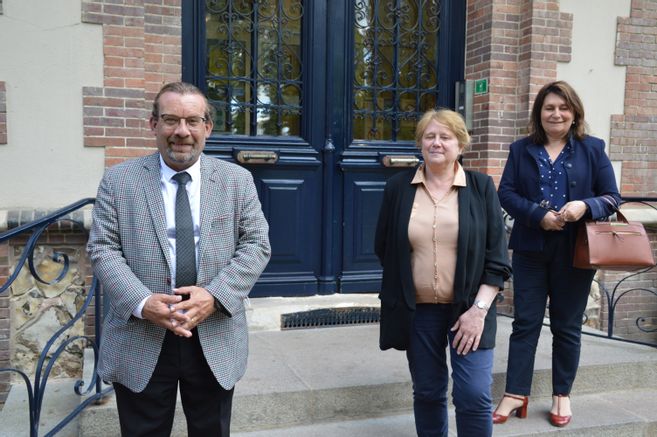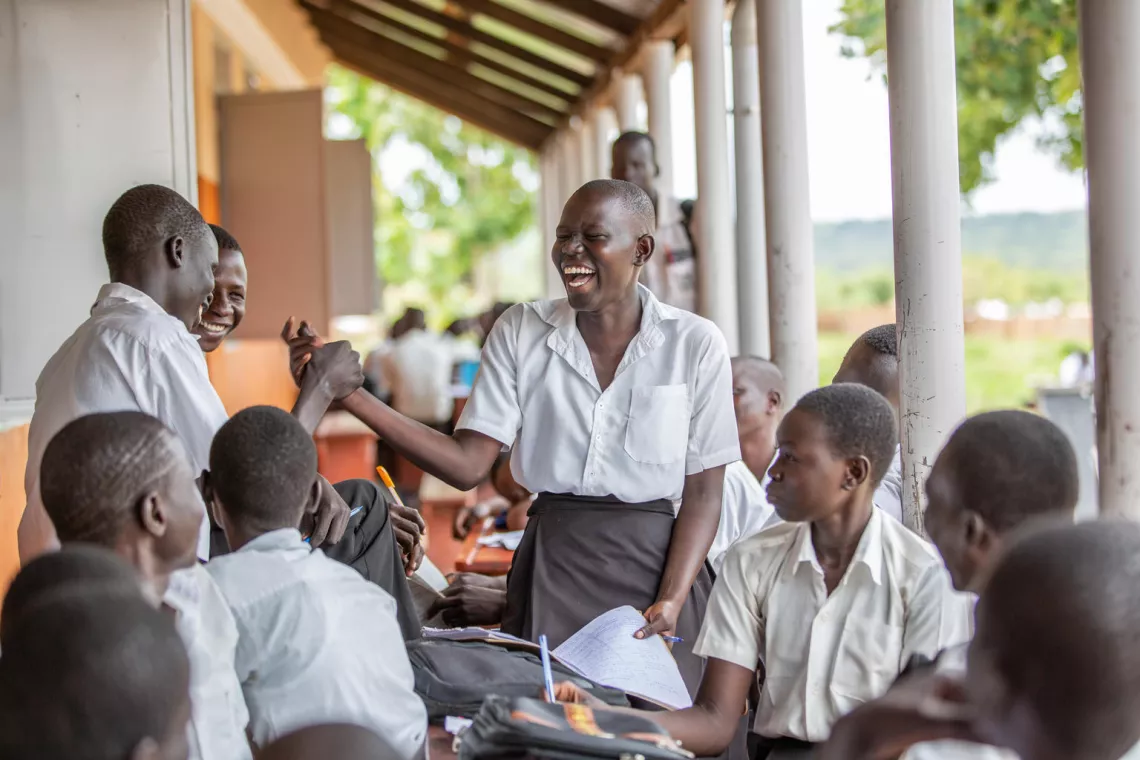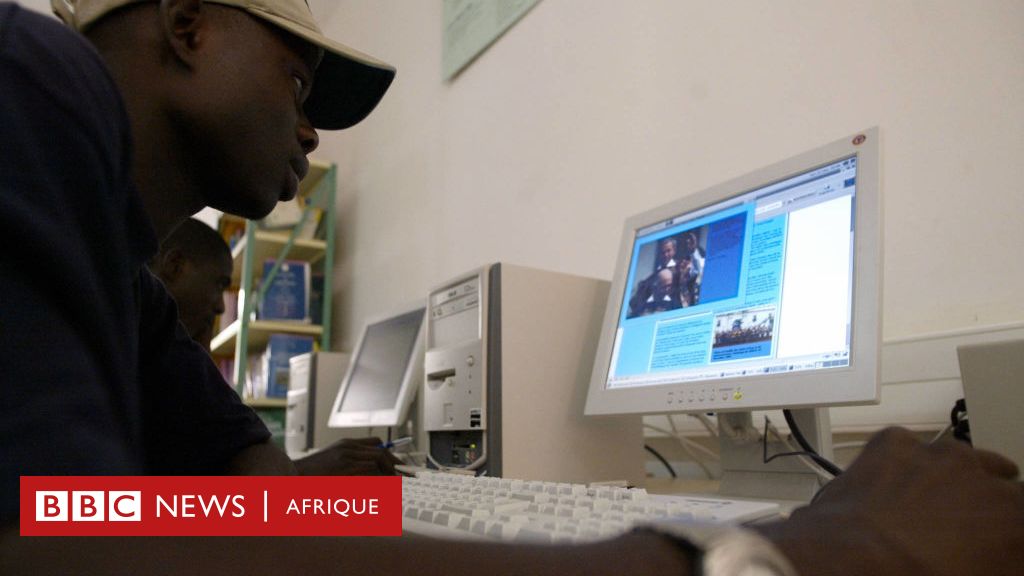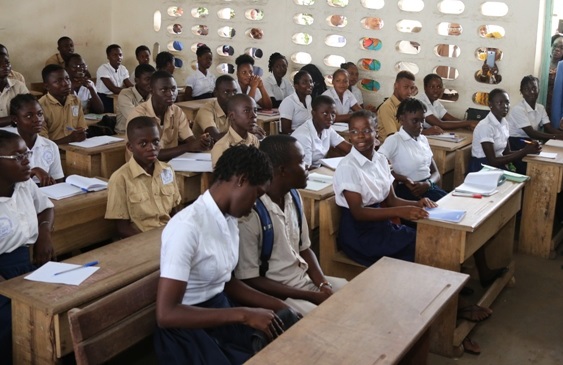To put an end to the controversy created by the project of moving the Saint-Martin and Victor-Hugo schools, in Dreux, to a new establishment, the elected officials and representatives of the National Education want to calm down. “Everything will be done in consultation with teachers and parents. In the interests of children. »
Crystallizing the concerns of parents, teachers and Drouais, adhering to “proximity and the defense of heritage”, the two petitions have been circulating since the mayor Pierre-Frédéric Billet (LR) revealed the dossier thanks to a City Council (our editions of April 24). May 17 and 21). Faced with this cry “and to clarify the location of National Education”, Sylvie Ledoux, inspector of National Education of Dreux 1, steps up to the plate, along with Lydie Guérin, company assistant schools and Sébastien Leroux, deputy mayor. building load
1/ Why support the project of a new school? For Sylvie Ledoux, “the future establishment will respond better to the reception conditions, and in particular to the new modalities of the program: on one level, with large groups or modules with rest or digital spaces, green areas, insulation to reduce the energy bill, two separate buildings (nursery and primary school ), gym*, library, etc. Saint-Martin, classes cannot work in groups! »
Difficult conversations with teachers
The National Education Inspector determines that the environment “takes 20% of the child's reception, leaving 80% dedicated to the teacher's practice. With a better installation, the child will be able to learn better. » Sébastien Leroux summed it up as follows: «a renovation of Saint-Martin has no interest in thermal, ecological or educational terms. »
2/ Opponents are worried about moving away from the city center.Lydie Guérin explains: “Students from the Saint-Martin and Victor-Hugo schools do not only come from the city center. We have many complaints from families in various neighborhoods. In addition, its traditional influence extends to the bottom of Rochelles, but also to the whole area of avenue Leclerc. Many parents come to school by car…” And he added: “Bicycle paths can be built to get to the school of the future. » Sébastien Leroux recalled: «The Jean-Jaurés sector is in the center of the city. The distance between the future school and the pedestrian center is the same distance as the Ciné Center, which is often presented as that of the city center. We will also guarantee that the city lines will be changed, in order to put a bus stop opposite the future school. This transport service will be free of charge. »
3/ Safety in sightThe elected officials and representatives of National Education want to state that “the current location is not without use. But the school of the future will significantly improve the security conditions. »
4/ InventoryThe “dangerous nature of the premises” stands out, especially in the Victor-Hugo kindergarten. “The courtyard is on three levels, the stairs are too steep for children, the broken toilets, the old dining room of Saint-Martin, etc. » The elected officials referred to “the beer cans found in the courtyard of Saint-Martin after they were thrown from Louis-Terrier Boulevard…”.
 According to the elected officials and the authorities of the National Education, the Saint Martin school is in ruins, “renovation would not be of interest in ecological, thermal and ecological terms”.
According to the elected officials and the authorities of the National Education, the Saint Martin school is in ruins, “renovation would not be of interest in ecological, thermal and ecological terms”.
5/ And the workforce? The inspector of National Education has indicated a “continuous increase”. At the beginning of the school year, a thirteenth class will open in Saint-Martin.' The Victor-Hugo kindergarten (147 students) is already full, according to Sylvie Ledoux. “Due to the lack of premises, we were forced to put two sections in Saint-Martin BHI. »
6/ An already assembled project? An already assembled project? It is quite the opposite, explained the defenders of the school of the future. They emphasize “the importance of consulting the teachers who are users of the school. That is what is already happening with the new Bâtes school that will see the light of day on the site of the former bioclimatic building. Discussion will be essential to calm down. We must not forget that the child remains at the heart of our concerns. That's all! »
The current gymnasium is located on one of the floors of the Saint-Martin school.
Olivier Bohin







